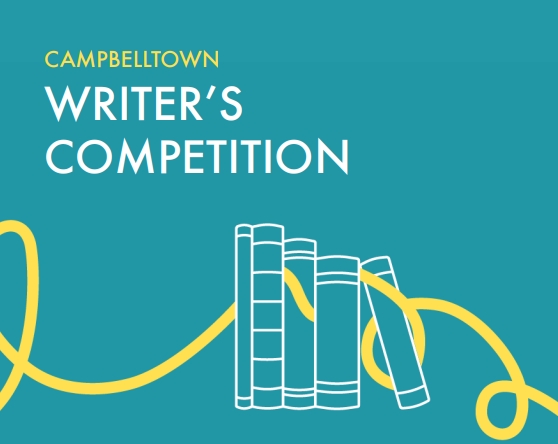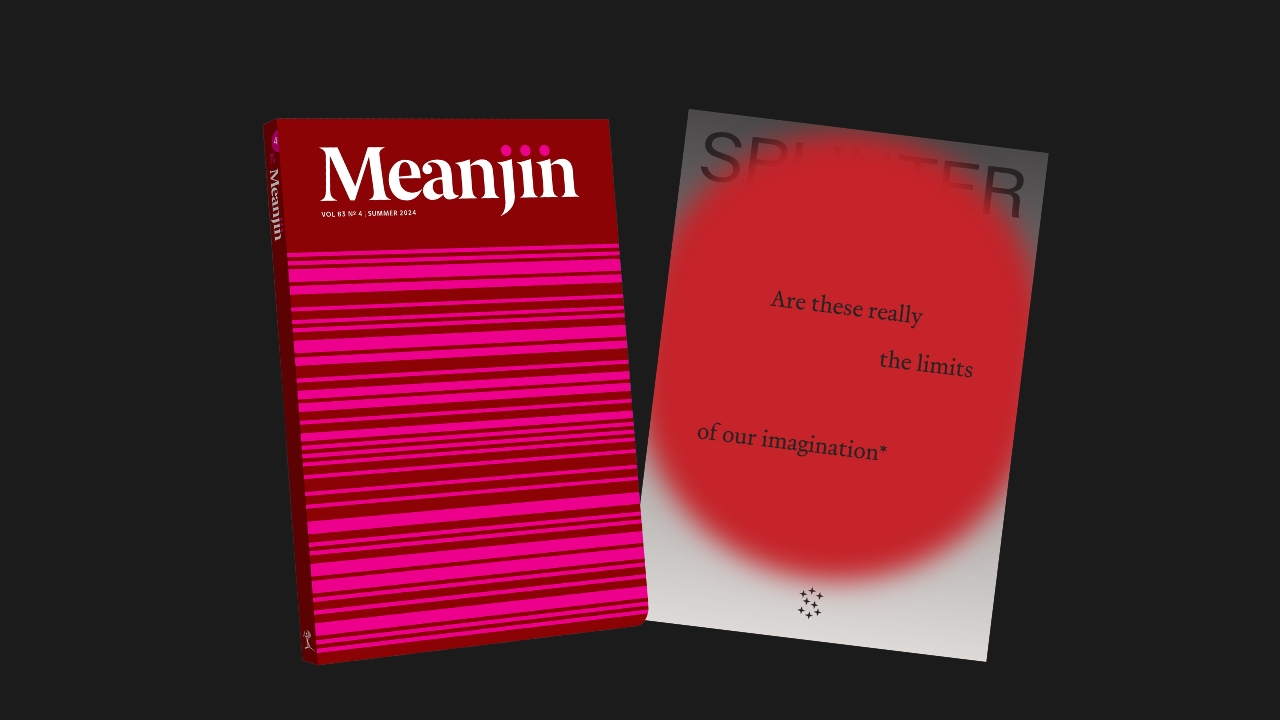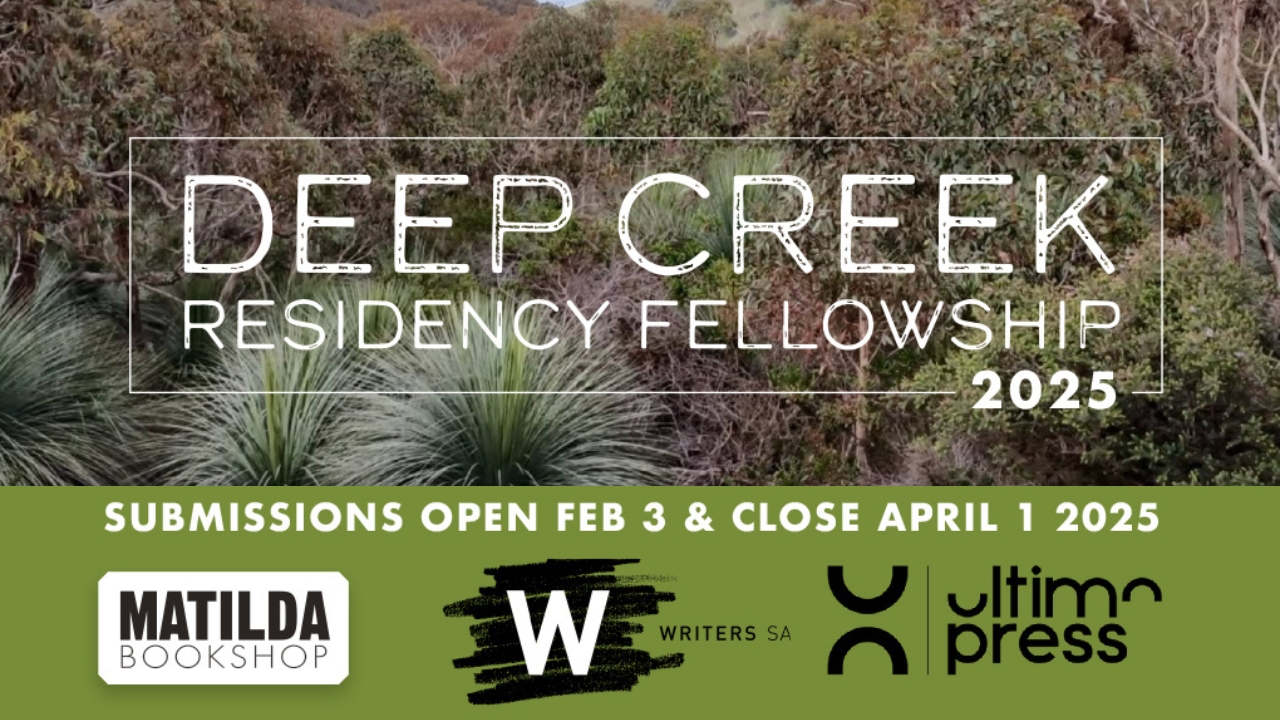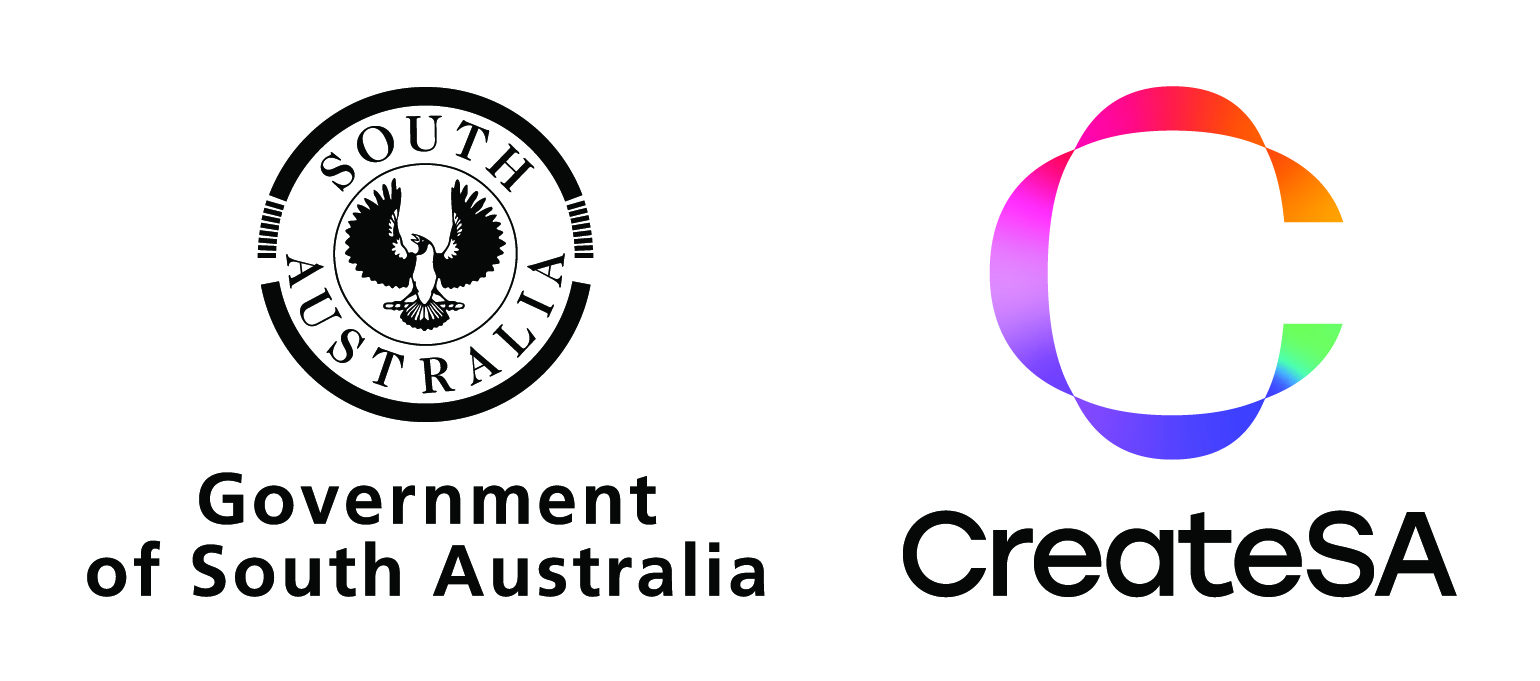Writers’ festivals wonderful. They are the convergence of ideas, the collection of a like-minded community. Going to them are an excellent way to network, stretch understanding and feel like you are living a literary life.
I was lucky enough to be invited to attend Emerging Writers Festival in Melbourne, which was held 27 May – 6 June. It was a positive, welcoming community of writers who are experiencing the same frustrations and struggles as me.
Mel Campbell wrote about writing circles in her piece for Overland on literary cliques: they ‘alleviat(e) feelings of self-doubt and professional vulnerability’, and ‘use the logic and language of friendship to promote members’ careers.’
Yes, those things happened. It was delightful. And more: I performed at Amazing Babes, an event based on Eliza Sarlos’ excellent storybook about the women who have inspired her. On a drizzly Saturday night, eight literary ladies took to a dark, fairy-lit stage in the back room of a Brunswick pub to declare stories of hope, inadequacy, friendship and inspiration to the sold-out crowd.
The rawness poured from the stage and swam in the air. The audience was enthusiastic and encouraging in a sisterly and brotherly way.
As well as this, I went to Emerging Writers Q&A (kind of like ABC’s Q&A but sexier), a discussion on writing mind and body, and The National Writers’ Conference, which was a weekend of epic learning in Melbourne’s Town Hall. Containing two whole days’ worth of panels and forums, The National Writers’ Conference is an opportunity to hear from well-known and lesser-known writers.
Throughout talks on comedy, discussion of dialogue, and criticising work, the greatest theme that emerged was representation.
Maxine Beneba Clarke talked about writing from a minority perspective in a white-washed society. Her book of short stories, Foreign Soil, is full of diverse and real narratives of people around the world.
On a panel Maxine revealed that when she attended the ceremony for the Victorian Premier’s Literary Awards (for which she won the Award for Unpublished Manuscript in 2013), she noticed the room was ‘full of white guys’.
Because in many ways, writing is a middle-class, white privilege.
Michael Mohammed Ahmad is the director of Sweatshop Western Sydney Literacy Movement. On a panel about voice, he sat beside writer and editor Jennifer Down and Deputy Editor of Dumbo Feather Livia Albeck-Ripka and talked about the problems of representing minority groups.
‘As you listen and write,’ he said, ‘Remember your privileged place in society.’ Because representations of ‘the other’ are always shadowed by the writer’s socio-political identity.
‘There’s a romantic idea that writers have,’ Mohammed continued, ‘That you can empower people by representation. Unfortunately this is not true. It’s an industrial complex.
‘The reason why minorities are oppressed is because people of power have simplified these groups for the dominant culture.’
Fittingly, this discussion happened in the Town Hall’s Yarra Room, below the stern gaze of enormous portraits of old white men.
Ideas on representation continued; a panel on memoir came upon the theme of responsibility of portrayal.
‘Every journalist who is not too stupid or full of himself to notice what is going on knows that what he does is morally indefensible.’ Non-fiction writer Benjamin Law referred to Janet Malcolm‘s famous words from her non-fiction book The Journalist and the Murderer.
This quote doesn’t just apply to journalists. Writers of all inclinations are in the business of stealing other people’s stories to construct a new reality. What impact does our portrayal have?
Benjamin went on to say, ‘Your subject is trusting you to tell a story about them which they have no control over.’ His memoir, The Family Law, told tales of his parents and siblings, and he admitted the troubles of representing loved ones. David Sedaris wrote about one of his sisters, who as a result was estranged for years.
Using stories that don’t belong to us can be a minefield, personally and professionally. But Eli Glasman, who wrote The Boy’s Own Manual to Being a Proper Jew, added: ‘We can get blind in getting published. As writers, we don’t always have the right to tell other people’s stories.’
Whether we do or do not have the right, some of us will tell other people’s stories with a blind courage. Writing in The Emerging Writer, EWF’s 2013 publication from last year, travel writer Walter Mason continued this theme. ‘You have to be brave, you see. For every hundred people you entertain as a writer, there will be one you betray.’
In accosting real-world figures and appropriating them for our own benefit, most writing is treacherous; of trust, of truth, of privilege.
So this is what I have learnt at EWF: Be mindful. Be mindful of the impacts your writing will have on others; of the limits of stealing stories, and of your inherited privilege.
Lou Heinrich is a stone cold bibliophile. Writes about pop culture and women. Earl grey with milk and two sugars, please. t: @shahouley







